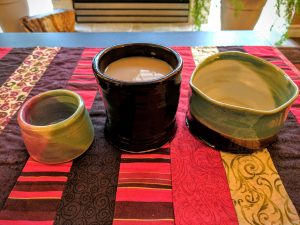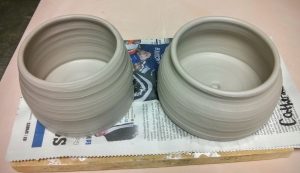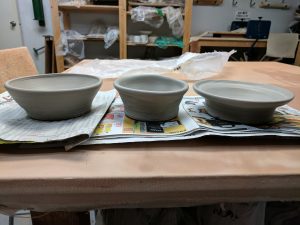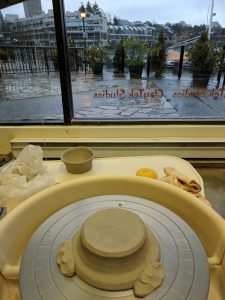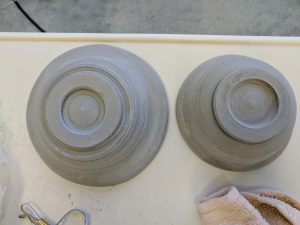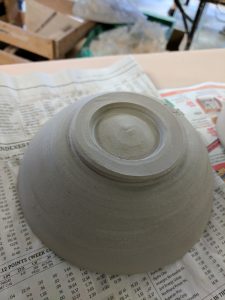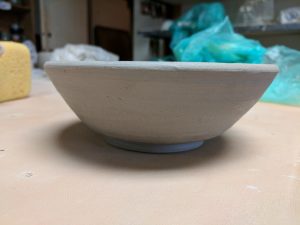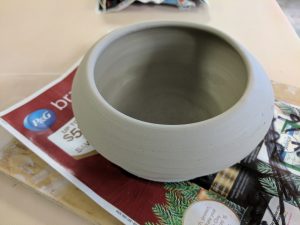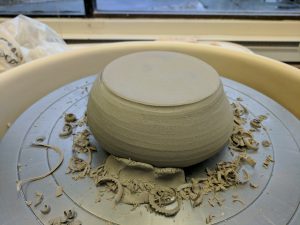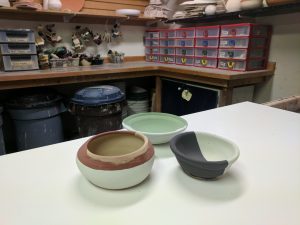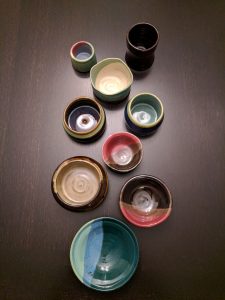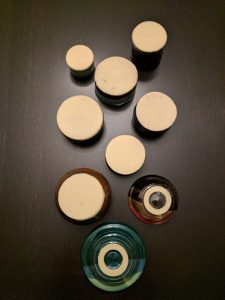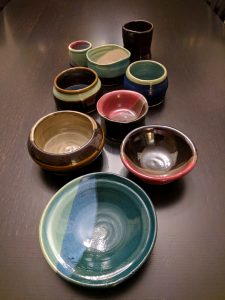Earlier this summer I spent time deepening my learning around what decolonizing and Indigenizing mean in higher education broadly, in my local environments of the Faculty of Arts and the Psychology Department, and psychology as a discipline. At our Psychology Articulation meeting in early May at Selkirk College’s Nelson campus, invited speaker Dianne Biin explained there’s no trick here to getting this work right: just show up and do the work, keep making mistakes and learning. So I keep plodding along, reading, thinking, and writing. And you know what? I’m seeing connections like never before.
I am grateful for the tremendous work that has gone into the following resources, which have greatly informed my approach and thinking:
- UBC’s Indigenous Strategic Plan
- University of Alberta’s Indigenous Canada course I took last summer
- Pulling Together: A Guide for Online Leaders and Administrators, by Sybil Harrison, Janice Simcoe, Dawn Smith, and Jennifer Stein
- UBC Professional Development online module called Respect, sincerity & responsibility: Land Acknowledgements at UBC.
- Kirkness, V. J. and R. Barnhardt (2001). First Nations and Higher Education: The Four R’s – Respect, Relevance, Reciprocity, Responsibility. In R. Hayoe & J. Pan (Eds.), Knowledge Across Cultures: A Contribution to Dialogue Among Civilizations. Comparative Education Research Centre, The University of Hong Kong. Retrieved http://www.ankn.uaf.edu/IEW/winhec/FourRs2ndEd.html.
I offer the following Land Acknowledgment as a work in progress, designed to open communities where work will be place (e.g., committees who will be working together across many meetings for an extended time).
I would like to acknowledge our work today takes place on the traditional, ancestral, and unceded territory of the xʷməθkʷəy̓əm (Musqueam) People, who have been caretakers of this land for thousands of years. I am a settler by descent (with ancestors from Scotland, England, Northern Ireland in the 1800s and 1900s, and by German Palatine refugees in the early 1700s), as well as by choice. I grew up in Guelph Ontario on the traditional territory of the Mississaugas of the Credit First Nation of the Anishinaabek Peoples.
I have learned on the UBC Vancouver campus land for almost half my life. This is the place I have been the most. Almost 20 years ago, I arrived here as a settler ready to receive an advanced education in a system built by other settlers, and I stayed to build my career because I felt I could. I am grateful for the stability and beauty this place has given me as I have struggled to find my way as a first-generation academic. Acknowledging that the Musqueam People have lived this land for thousands of years — whereas UBCV was started here without their consent or compensation just over 100 years ago — begins what we’re doing here today with the Truth. I invite you to join me in thinking about how the work we are about to do together might in some way advance truth-telling and reconciliation.
Still feeling like this may be centering the white settler background too much, rather than our responsibilities to the Musqueam… I welcome any and all feedback!

 Follow
Follow

